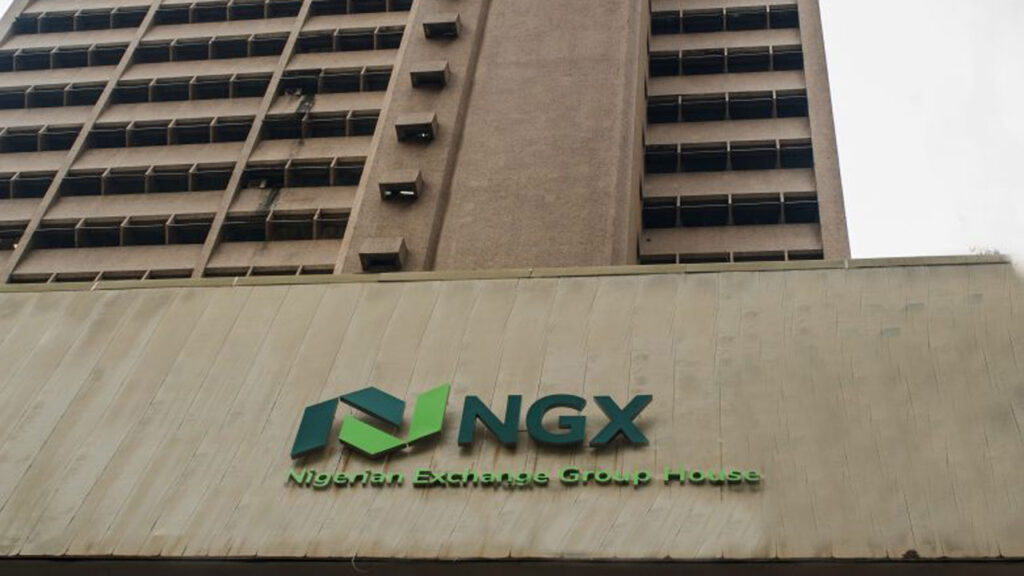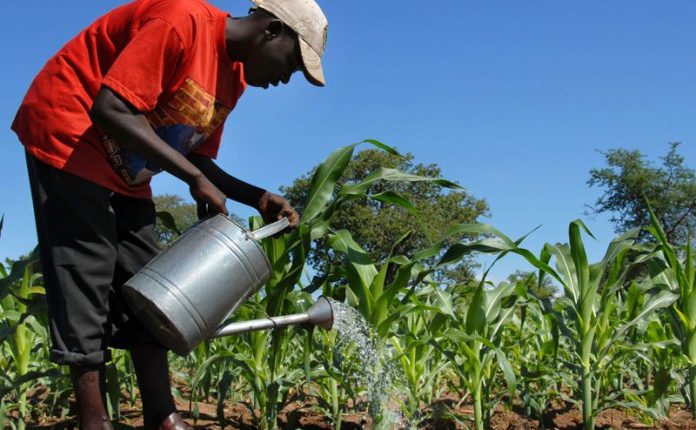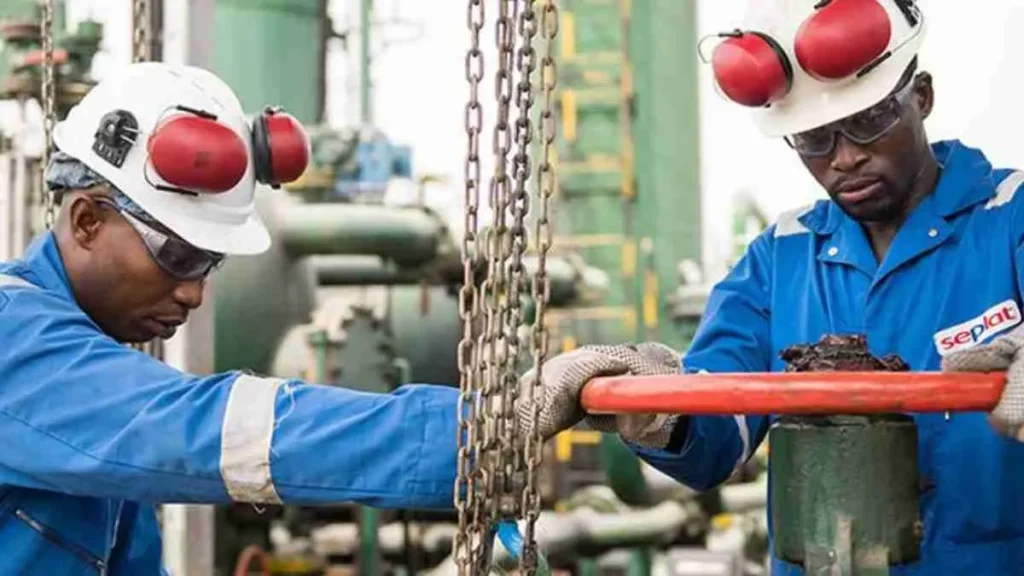
• Still many downside risks despite positive outlook, says Barkindo
Echoing the concerns of the International Monetary Fund (IMF), on uneven vaccinations globally, the Organisation of the Petroleum Exporting Countries (OPEC), has stated that while the oil market may be benefiting from the vaccination, overall global economic recovery could be hampered by the disparity.
OPEC also raised concerns about the levels of stockpiles notwithstanding a gradual decrease, adding that the positive developments being witnessed were as a result of reaffirmation that incremental production increases would occur as market conditions warrant.
Yesterday, Brent Crude was up 2.66 per cent to $57.85 while Nigeria’s Bonny Light also closed higher at $55.03 a barrel, up by 1.14 per cent.
The IMF had noted that uneven vaccination trend and “asynchronous recovery” could stifle growth and endanger capital flows to emerging market economies “especially if advanced economies were to begin to normalise policy.”
OPEC Secretary-General, Mohammad Sanusi Barkindo, during the 48th meeting of the Joint Technical Committee Videoconferencing yesterday, said inventory levels remained high, adding that preliminary OECD commercial oil inventories in November were around 188 million barrels (mb) higher than the same period a year earlier and 152 mb above the latest five-year average
Amid the hopeful signs, Barkindo said the outlook for the first half of 2021 is very mixed, and there are still many downside risks to juggle.
In terms of forward cover, OECD commercial stocks stood at 69.5 days in December, 7.4 days more than the latest five-year average.
According to OPEC, the outlook for oil remains brighter in the non- OECD region with demand estimated to rise by 3.3 mb/d to around 51.2 mb/d. China and India will lead the way, with the two countries accounting for about a 1.7 mb/d increase in demand. It added that the latest import figures reflect the very positive trajectory in the two vital economies.
Barkindo added that there has been some progress in the US where the latest Energy Information Administration (EIA) data shows that crude oil stocks have fallen to their lowest levels since March 2020.
US crude inventories now stand at around 477 mb.
“Saudi Arabia’s voluntary additional adjustment of 1 mb/d for February and March has been welcomed by the market and reinforces the existing voluntary adjustments of the Declaration of Cooperation participating countries. The market has been blessed by the knock-on effects of the adjustments that kicked in yesterday.
“Also, I am encouraged by the ongoing talks in Washington on a new fiscal stimulus programme aimed at giving a further boost to the world’s biggest economy.
“As I noted at our last meeting, fiscal and monetary stimulus packages in the G20, including bank guarantees, have reached $25 trillion, or more than 20 per cent of the world’s GDP. With more measures on the drawing board, this figure is likely to grow and continue to have a positive effect on the global oil market,” he added.













